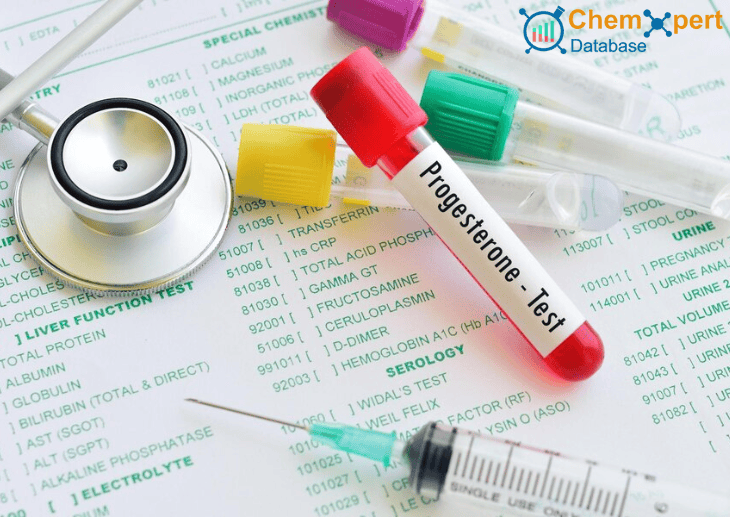
Progesterone is a major contributor to women's health, including control of ovulation and support for normal pregnancies and overall well-being. Progesterone, which is often overshadowed by estrogens, also plays a role in balancing hormone levels and other physiological functions. We'll look at the mysteries of progesterone, explore its functions, sources and possible benefits for women's and role of top pharma database in providing information related to progesterone.
Progesterone is a steroid hormone that is mainly produced in the ovary after ovulation during the menstrual cycle. It's different in the course of the cycle, peaking at luteum phase after ovulating. During pregnancy, the adrenal gland and the placenta also synthesize progesterone.
For more information on progesterone as a treatment, see the following points:
Detailed information on the technical, commercial (like global market size), patent and regulatory aspects of progesterone is available in the ChemProtel module of the Chemxpert database. Certifications for progesterone such as USDMF, JDMF, K-DMF, CEP/COS, EU API Registered, India EU Written, India Import License, China API Registered, and REACH Registered are also included. Moreover, formulation insight is available in a number of regions throughout the world, such as North America, Europe, Oceania, Africa, Asia and South America. ChemProtel is offering real time updates, unrestricted searches and verified contact details for the progesterone.
In conclusion, the vital role of progesterone in women's health, from regulating ovulation to supporting pregnancies and exercising leads to a good lifestyle. Assess the functions and sources of progesterone, enabling informed decisions on reproductive health and hormone treatment. When administered and monitored by healthcare professionals, whether it is used to support fertility or manage menopausal symptoms as well as menstrual irregularity, the use of progesterone supplementation can be a valuable tool for promoting women's health and life quality.

Sick and tired of always wondering if you are being asked to pay the right price for your APIs? This empowers you with the answers you need to make the right decisions in the Global API market.
Chemxpert Database is one of the biggest and most comprehensive directories of pharma and chemicals, manufacturers, suppliers and information. Provided with current information on prices, demand and transactions, it gives you instant feedback on whether you are buying what is right and at the right time.
Start using market intelligence today and allow yourself to be in control in the API market.
Check it out today and make more informed sourcing decisions! Learn More!